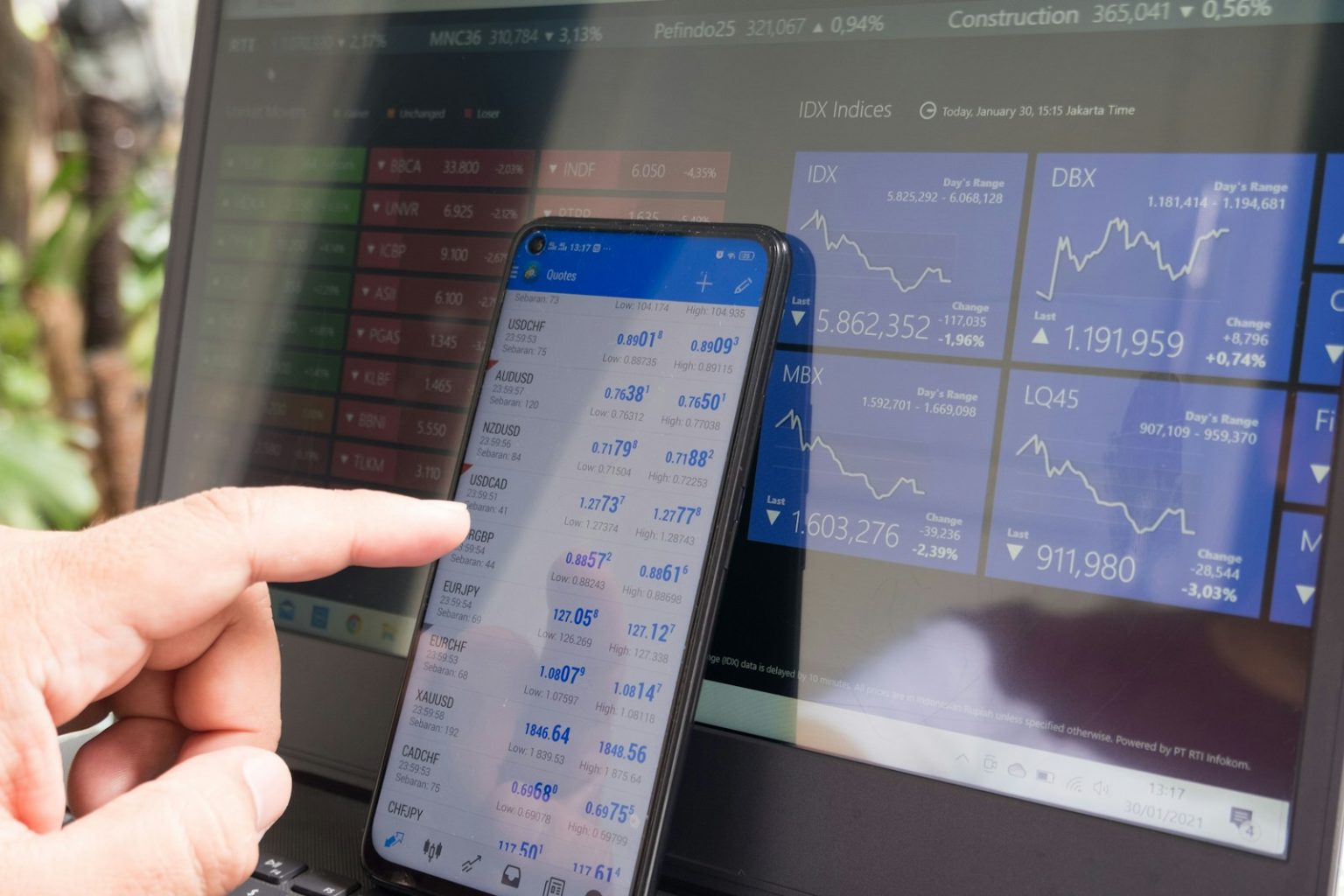President Trump has begun to assert greater control over U.S. economic policies and the methods by which their success is measured. This move represents a significant shift in how the administration approaches economic governance and accountability.
The President’s increased involvement comes amid ongoing debates about the health of the American economy and differing interpretations of key economic indicators. By taking a more direct role in economic policy formation and evaluation, Trump appears to be centralizing decision-making power within the White House.
Reshaping Economic Authority
Trump’s growing influence over economic matters suggests a potential restructuring of traditional relationships between the White House and agencies typically responsible for economic policy, such as the Treasury Department, Commerce Department, and the Council of Economic Advisers.
Economic experts note that presidents have historically maintained some distance from the technical aspects of economic measurement, allowing career officials and economists to handle data collection and analysis according to established methodologies.
The President’s more hands-on approach could signal a departure from this tradition, with potential implications for how economic data is collected, analyzed, and presented to the public.
Changing Metrics of Success
Perhaps more notable than Trump’s increased policy involvement is his apparent interest in influencing how economic success is measured. This could affect which economic indicators receive emphasis in public communications and policy discussions.
Traditionally, metrics such as GDP growth, unemployment rates, and inflation have served as standard measures of economic health. Trump’s administration has previously highlighted stock market performance, manufacturing job growth, and trade deficit reduction as key indicators of economic success.
This shift in focus may reflect the administration’s priorities and could change which data points receive attention in economic reports and public statements. Critics worry this approach might lead to selective emphasis on favorable indicators while downplaying less positive economic news.
Potential Implications
The President’s more active role in economic policy and metrics raises several questions about governance and transparency:
- How might changes in measurement methodology affect long-term economic data tracking?
- Will economic agencies maintain their traditional independence in data collection and analysis?
- Could new success metrics provide a more comprehensive or potentially skewed view of economic performance?
Economic policy experts from across the political spectrum have expressed mixed reactions. Supporters suggest the President is ensuring economic policies align with his administration’s goals, while critics worry about potential politicization of economic data.
Financial markets are closely watching these developments, as changes in how economic success is measured could affect investor confidence and market expectations.
As the administration continues to shape its economic approach, economists, lawmakers, and citizens will be monitoring whether these changes represent a temporary shift in emphasis or a more fundamental restructuring of how America evaluates its economic performance.
The ultimate impact of Trump’s increased economic influence will likely depend on which specific policies are prioritized and how transparently any changes to economic measurements are implemented and communicated to the public.







